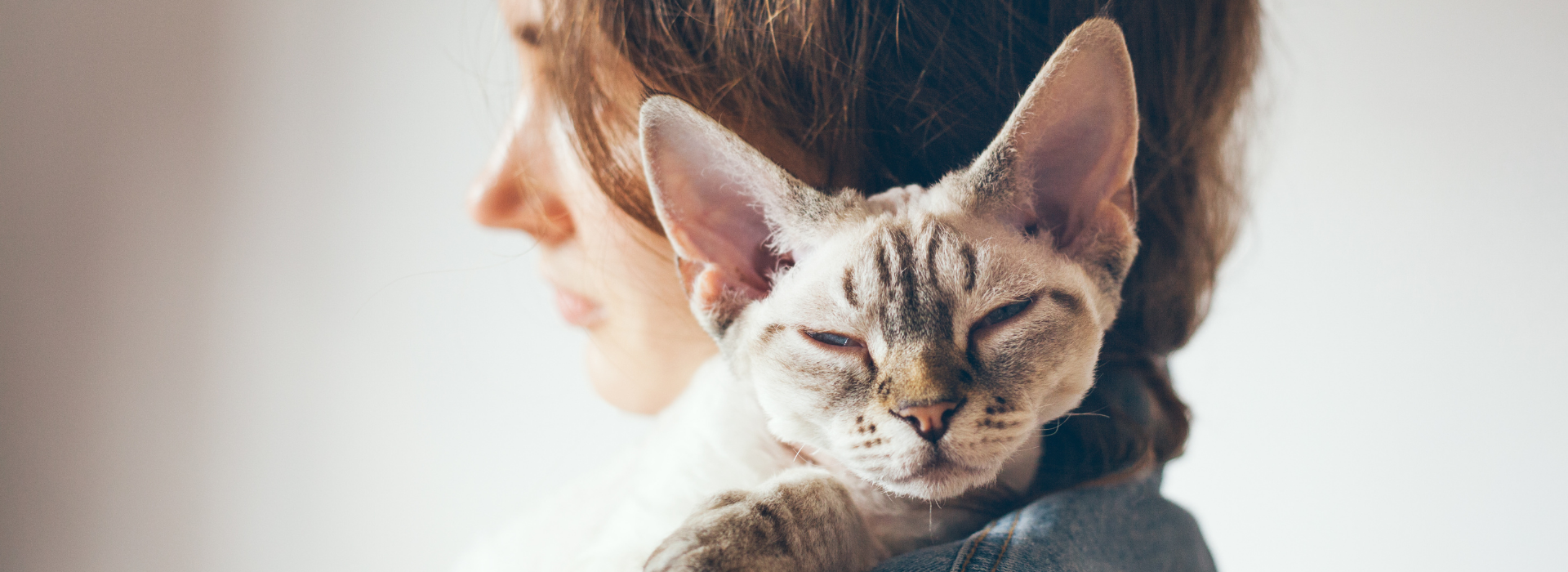Senior cats can require increased attention including more frequent visits to the vet, possible changes in diet and in some cases alterations to their home environment. Cats are great at hiding symptoms and as they get older they are more prone to diseases we strongly recommend getting them examined on a regular basis to help catch these signs earlier rather than later making it difficult to treat.
What are the stages of a senior cat’s life? How to spot signs of ageing?
Cats are great at hiding any clinical signs that something may be wrong with them. By having them examined regularly by our vets can help catch any early onset of ageing and disease process. Signs of ageing can be anything from an increased amount of time sleeping, increase or decrease of appetite, decreased mobility, vocalization, bad breath. Recognizing any of these signs early can help improve the quality of life for your senior pet.
My senior cat is losing weight, what can I do?
Weight loss can be a sign of much different cause for concern. If you suspect your senior pet may be losing weight and they are not on a weight loss program, we recommend you contact the clinic and make an appointment with one of our veterinarians to assess what may be the cause.
How can I care for my senior cat?
We recommend that all senior cats be examined twice a year to help increase the chance of detecting any early onset of diseases. A lot can change in 6 months for your senior cat as they age a lot quicker than us. By having them examined on a regular basis our veterinarians can help develop a close relationship with your cat aging process and will make recommendations on how to keep your senior cat living a longer healthier life.
What are some common health issues?
Cats are prone to a handful of specific illnesses, all with distinctive symptoms. Knowing what ails them and why will help you determine the right treatment to get them healthy again. Preventing problems, from viruses to worms, will keep your cat from being sidelined by discomfort.




